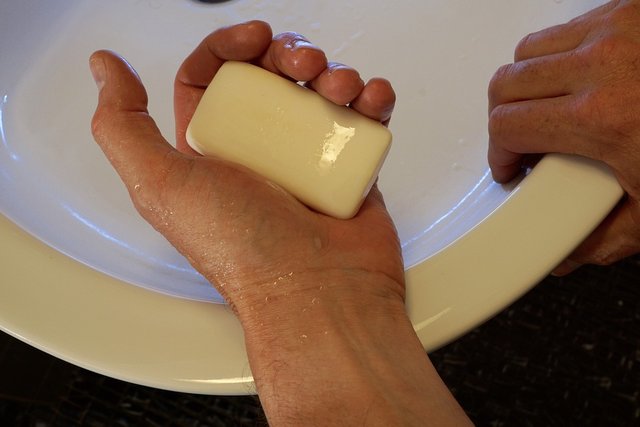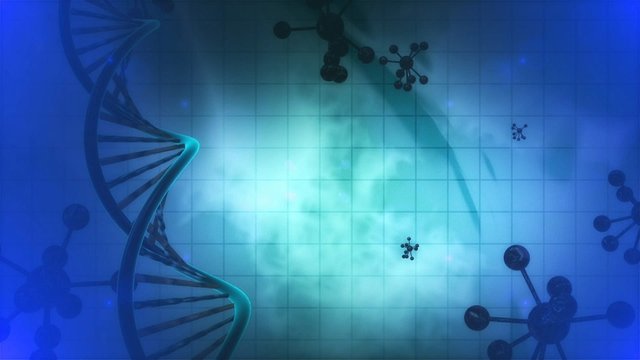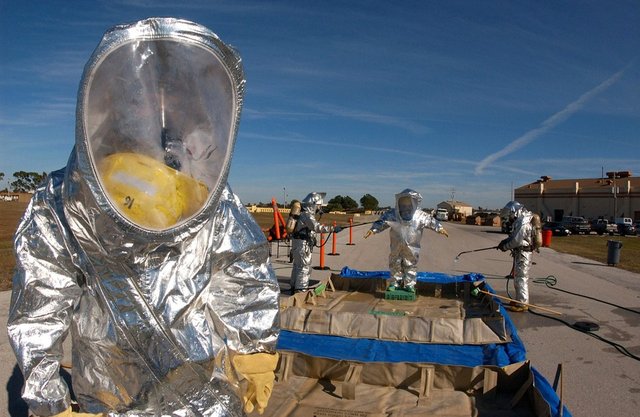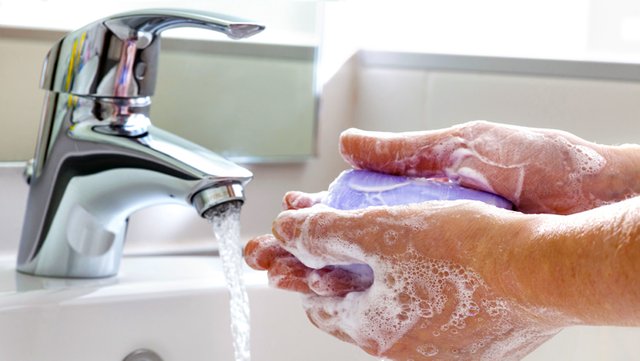Protect Yourself: Antibacterial Soap in the Home
Hey Everyone!
I hope you all are doing good. Today I would like to discuss something that I personally thought was a problem ever since it was first started become really popular back in the 1990's and that is Antibacterial soaps.

Now I know that many of the readers out there might be some what skeptical and understandably I know that the marketing on antibacterial soap was very convincing, making claims that it will help keep you and your family healthy.
Then just last month the Federal Drug Administration (FDA) posted an update that antibacterial soap isn't even effective and that manufactures haven't proved that the main ingredients, triclosan and triclocarban, of their soap is safe for use.
Here's the link to the FDA articale.

Microbiome
There's increasing evidence coming to light that our microbiome has influence in all areas of our health. The use of antibacterial soaps has an impact on amount of variety of gut biome in your body and limiting the bodies ability to effectively fight diseases.
Here's a link to an articale from the The National Center for Biotechnology Information on The gut microbiome in health and in disease for more information.
Over All Health Effects
Triclosan is one of the active ingredients added to most of the products sold in stores to prevent or reduce bacterial contamination. It's also found in many non-cleaning products like clothing, furniture and children toys.
This chemical has been know to act as endocrine disruptor and case studies that show it to decrease levels of triiodothyronine production from the thyroid gland. It also has the potential of leading to the development of skin cancer, impair musclare function and an increase risk of infections; also there's possible connection to peanut allergies and hay fever. And just like Bleach, that I mentioned on my early post on Personal Organic Home-made Cleaners it was first designed as a pesticide.
Impact on the Environment
Here in Northern California most of the sewage from our homes is collected into large treatment plants. The United States Geological Survey (USGS) has repeatedly detected levels of triclosan from antibacterial soaps persisting through the treatment.
This allows local streams, rivers, lakes and watersheds to be inundated with triclosan prohibiting algae to preform photosynthesis and disrupting wildlife through out the food chain.

Protect Yourself
The best and time-tested advice for you is to use conventional soap and water.

Here's a short list of organic cleaners I feel work just as well if not better than most antibacterial soaps:
- Baking Soda - A universally solid antiviral substance that cleans, deodorizes and breaks down grease.
- Vinegar - An acidic solution usually made from aged or fermented juices can cut through grease and grim.
- Lemon Concentrate - Hands down the best in organic cleaner available. Natures own antibacterial cleaner.
All right, you all are GREAT and I thank you for reading my post. It is my pleasure to share and help educate.
Please leave your comments and share any additional information you may have on this subject.
... And of course Stay Safe!
Resources:
Hi I'm Josh Fischbach I live in the Yosemite area and work in the Environmental Industry. I'm interested in health, better living and Sci-Fi. (TNG RULES!).
Hey, what a coincidence! I just released a post on making organic lye soap! haha
Great post, btw. Upvoted!
That's AWESOME! Organic soap is the way to go. I noticed that when I use soaps with natural ingredients the better my skin feels. Most store bought soaps are missing glycerin, a moisturizing agent.
The less amount of processed man-made chemicals in our products like, pesticides, herbicides and other chemicals the better off we are.
Thanks for reading!
I couldn't agree more!